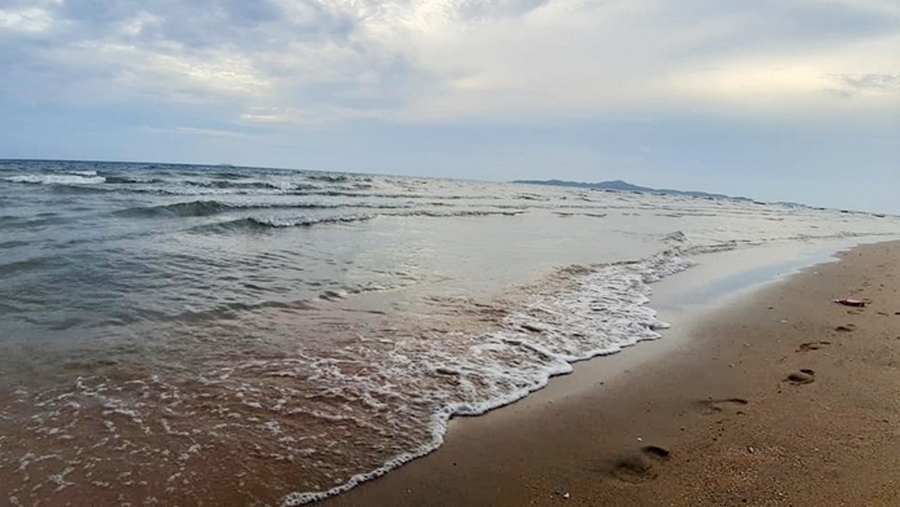
Pundits and online soothsayers have long predicted the end of fun-city Pattaya. As the free-spending American forces departed in the late 1970s, in the wake of the end of the Vietnam war, predictions were made that Pattaya would be killed off before it even got started.
Later bad news such the oil pandemonium of the 1980s, the AIDS and SARS crises and a succession of military coups in Thailand have continued the doom-laden prophecies.
Of course, the Corona pandemic is different. No other international health crisis since the Spanish flu syndrome of 1918, which killed 50 million worldwide, has affected the lives of at least half of the world’s population.
Millions have been thrown out of work, international travel has come to a shuddering halt and profit-hungry telecommunications companies – clear beneficiaries of the pandemic – are busier than ever persuading governments round the world how to monitor their populations with innovative surveillance technology most of us can hardly conceive.
Tourist-orientated Pattaya, needless to say, is totally changed. The beaches are deserted, the bars stand empty and the transvestite cabarets – which cater mainly for first-time visitors from China – are shuttered.
Shop units round the city are literally littered with for sale and for rent notices. Nobody will tell you that the property market has collapsed, but there are some amazing bargains to be had, or would be if the local government offices were open for business.
So everything is on hold waiting for the rebound to the good old days once the virus is defeated and the Thai state of emergency is stood down.
This optimistic scenario should not immediately be ruled out if only because Pattaya has such a proud tradition of proving pessimists wrong.
Many Pattaya businesses are small enterprises with few staff and arguably have a better chance to lie low and re-surface later than the large international businesses with huge payrolls which are unsustainable in a prolonged health crisis such as this.
Moreover, the greater Pattaya area is now much more diversified with a hinterland of industrial estates and an entertainment industry much less reliant on nightlife than was once the case. Indeed, old hands will tell you that if there was once a red light district here, the colour has become distinctly orange with accompanying flashes of green.
But, realistically, the Pattaya of yesteryear was already in decline before the pandemic occurred. European tourists have been numerically declining for years and some of the businesses which supported them had already ceased trading.
Travel agencies, visa agents and the rest are still to be found but in smaller numbers. Many British and German bars, proudly displaying their national flag alongside the Thai one, had gone to the wall long before anyone had heard the expression Covid-19.
Moreover, the policy of the Thai government towards large-scale tourism is unclear and will likely remain so for some time. For the moment, foreigners are virtually banned from entry to the country and anti-farang sentiments suggesting that the virus is essentially a foreign disease are arguably on the rise.
There is certainly a possibility that compulsory travel insurance for visitors and full-scale health insurance for all long stay expats will be on the cards once again, even though the detail is much harder to implement than is often assumed.
It is also unclear to what extent the world’s airlines collectively will survive the pandemic even though the price of crude oil has collapsed. At the moment, a few airlines are taking off daily from Bangkok with virtually no passengers just to preserve their grip on prime-time landing slots. They anyway are optimists.
The likelihood is that neither the upbeat prediction of Pattaya’s future, nor its negative counterpart, will come to pass. The future will likely be many-sided with the city increasingly becoming part of the mega- satellite complex of Bangkok, a bigger emphasis on industry and economic production which is already a government priority in its Eastern Seaboard Corridor Development (massively under-reported by the media incidentally) and a holistic approach to tourism rather than relying on summer breaks for bachelors.
Of course, the elephant in the room is China with a mere 10 percent of its mammoth population yet holding a passport and with its political and economic influence in all Asean countries growing apace. Whether post-virus Pattaya will prove attractive to undoubtedly shrewd Chinese investors and wannabe tourists clutching a new passport is one of the many jackpot questions yet to be answered.




